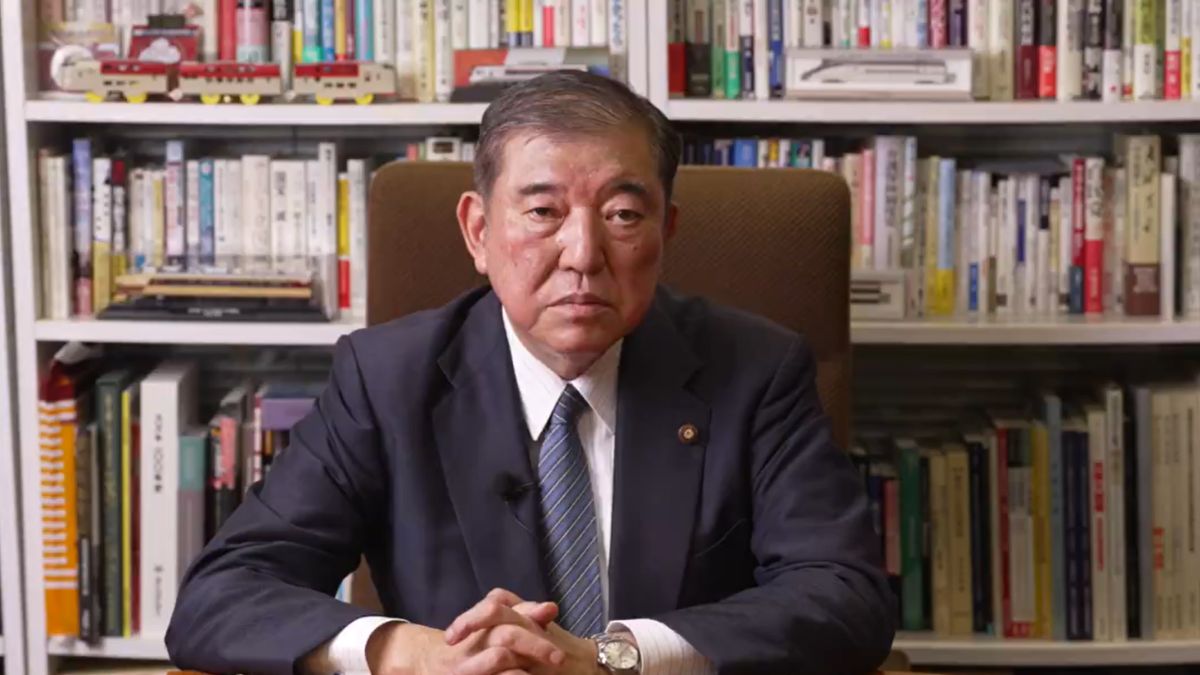Former Japanese defence minister Shigeru Ishiba will be the new Prime Minister of the world's fourth-largest economy, succeeding Fumio Kishida. Ishiba won his Liberal Democratic Party's (LDP) leadership contest on Friday, following a crowded race that ended in a runoff vote.
The 67-year-old will take over the control of the long-ruling, scandal-plagued LDP and will assume command of the G7 member nation once Parliament convenes in October, due to his party's majority in the lower house, reported CNN.
Ishiba was one of the nine candidates and defeated economic security minister Sanae Takaichi — who was eyeing to become Japan's first woman premier — with 215 votes to 194. Shinjiro Koizumi, son of popular former prime minister Junichiro Koizumi, was the third fronrunner who could not make the final cut.
ALSO READ: Setback For China's Military Ambitions As Its Newest Nuclear-Powered Submarine Sinks: Report
Ishiba made it to the top post in fifth attempt to lead the conservative party that has ruled Japan almost continously since the party's founding in 1955. He has promised a “full exit” from country's high inflation rates and has vowed to achieve “growth in real wages.” He has also rallied for Japan's reduced dependence on nuclear energy in favor of renewables, and has called for an Asian version of the NATO security bloc to counter threats from China and North Korea.
Last month, Japan's incumbent PM Fumio Kishida announced to step down from LDP's leadership election implying his exit from the country's top post amid a scandal over political funding.
Explaining the decision, Kishida had said "it's necessary to show the people that the Liberal Democratic Party will change."
ALSO READ: US: Biden Signs New Executive Order To Curb Gun Violence Weeks Before Leaving Office
A former banker, Ishiga entered the parliament in 1986 and was sidelined by Kishida compelling him to emerge as a dissenting voice within the party.
Considered an LDP intellectual heavyweight and an expert on national security policy, Ishiba has advocated for a more assertive Japan that can reduce its reliance on longtime ally, the US for its defence, reported Reuters.
He has said that he would seek greater oversight of the bases in Okinawa where most of the US troops in Japan are concentrated. He also anticipates Washington to give Tokyo a say in how it would use nuclear weapons in Asia.


